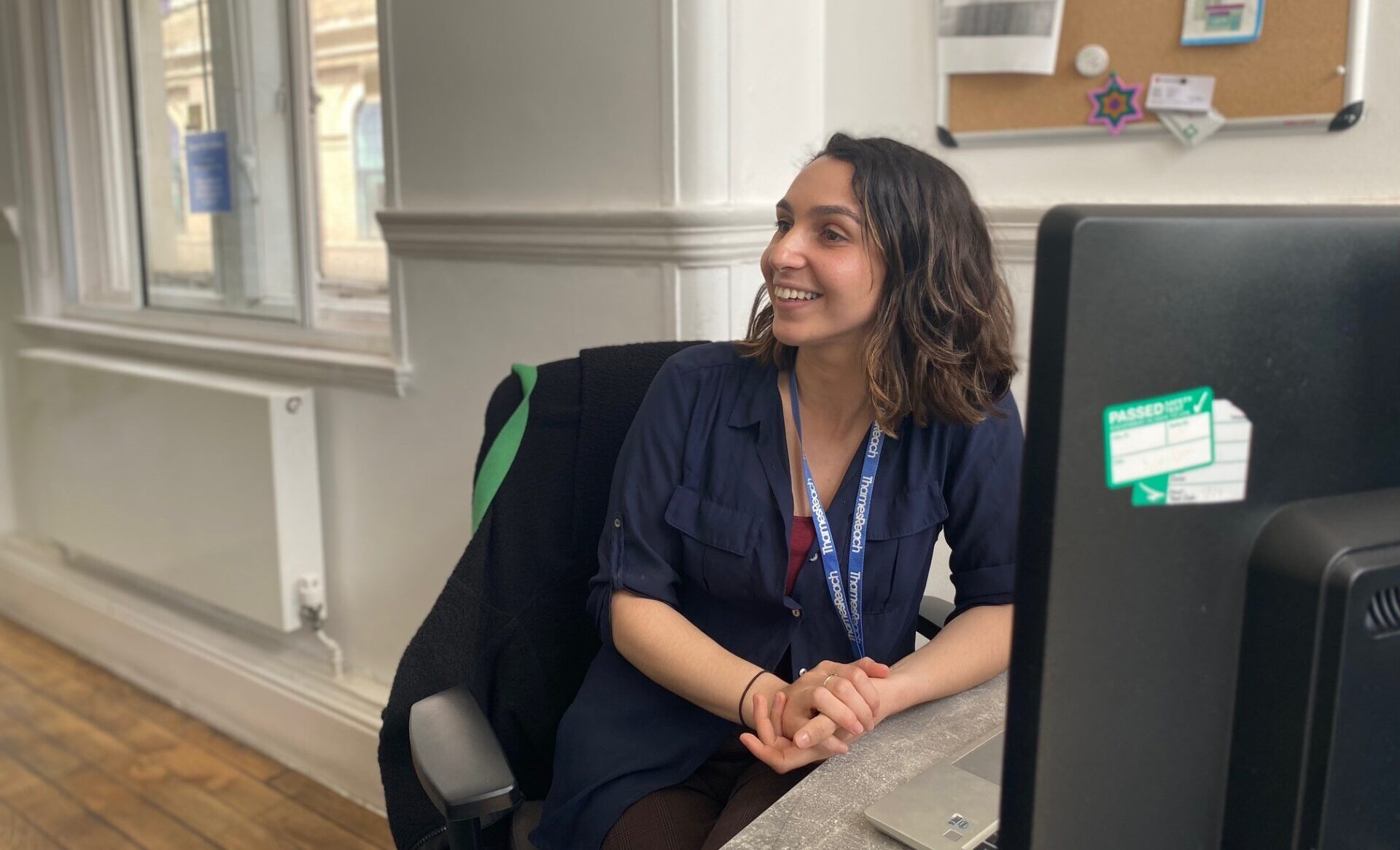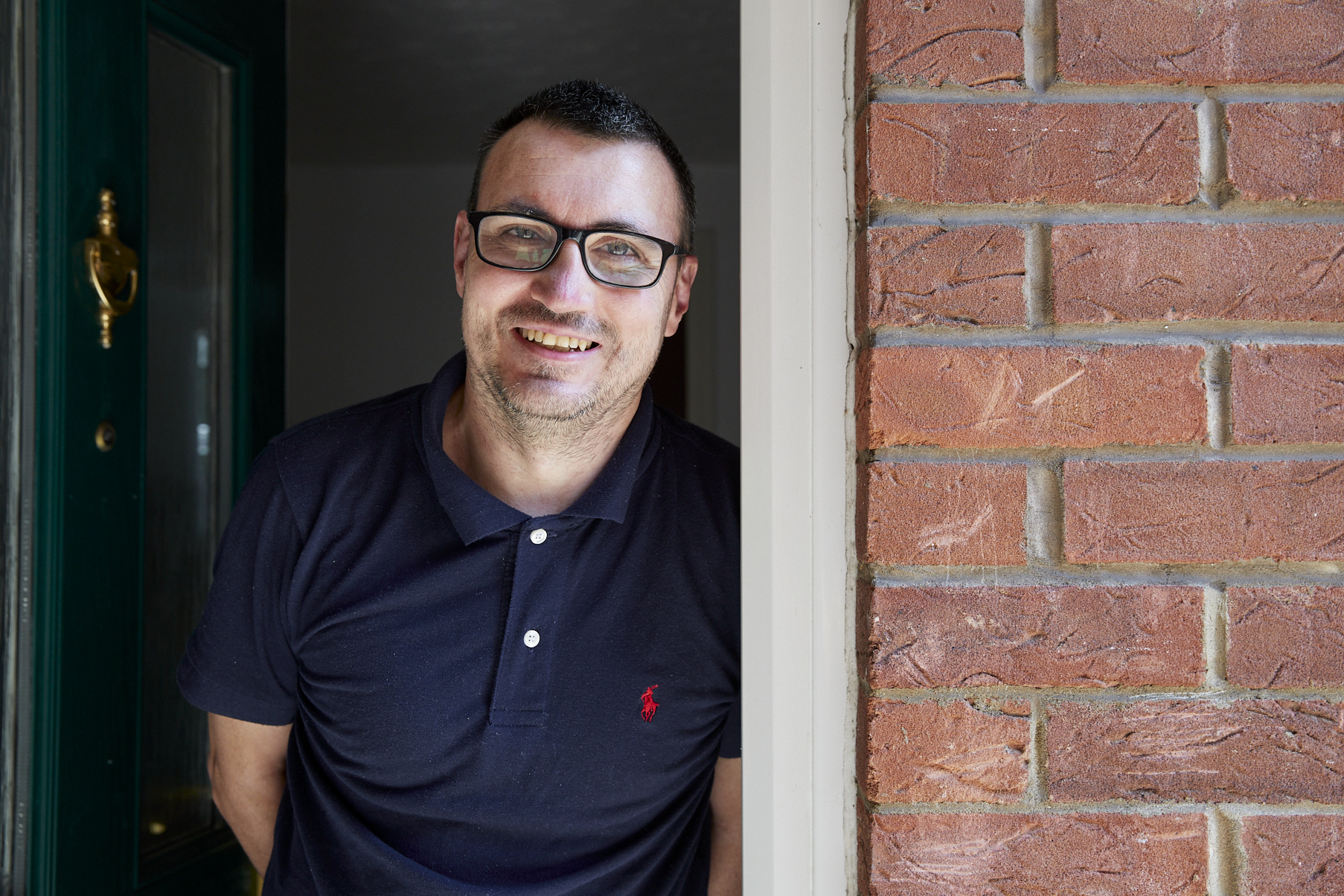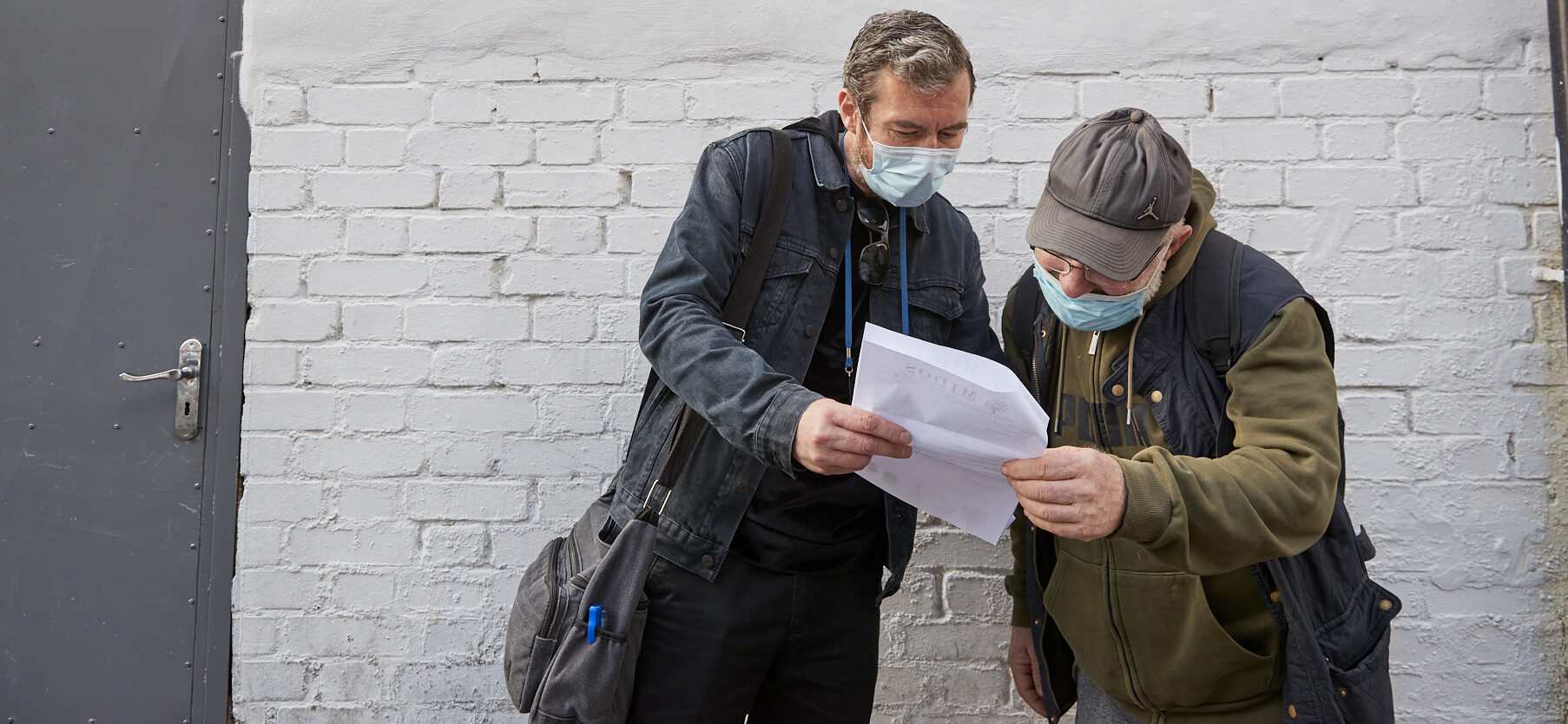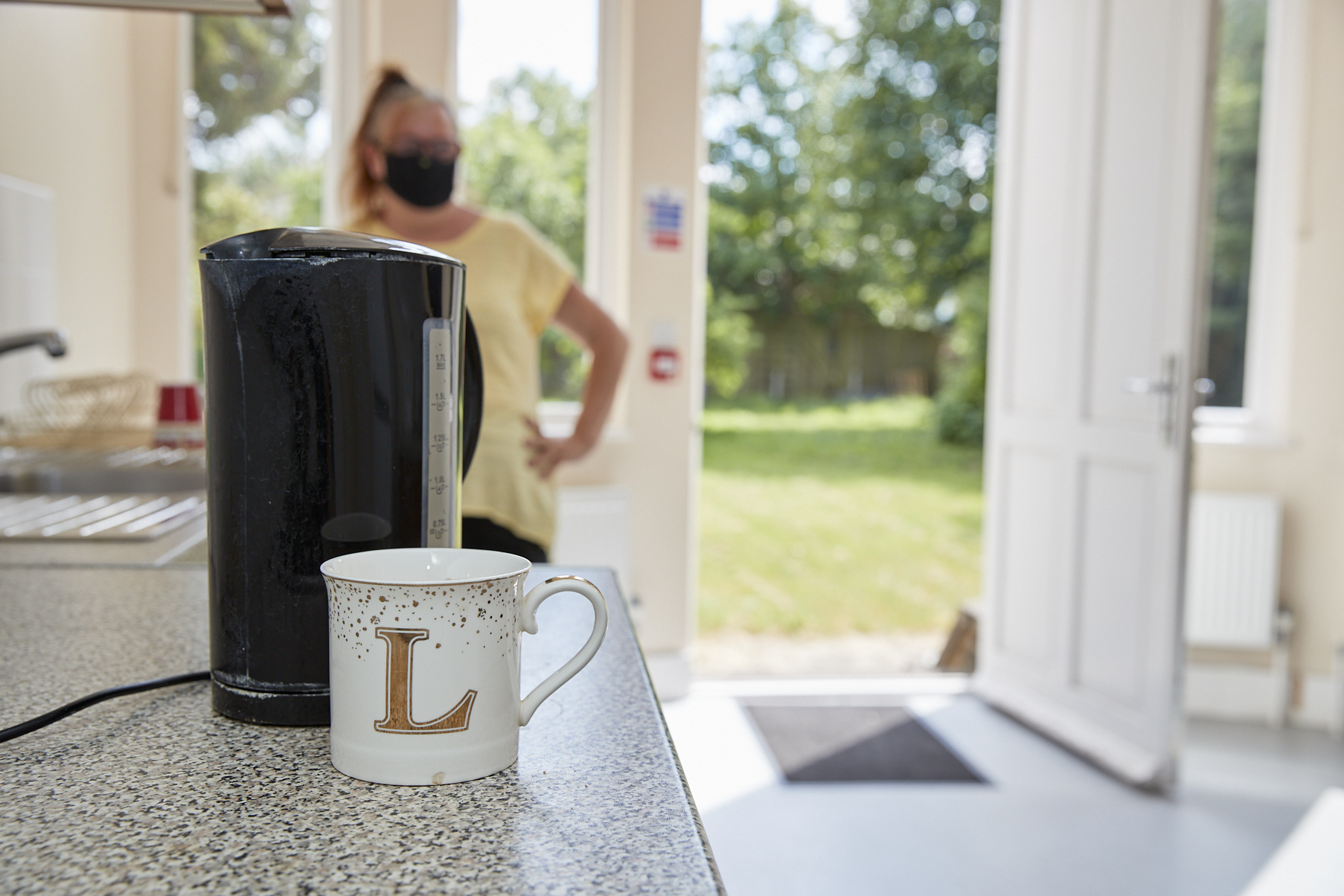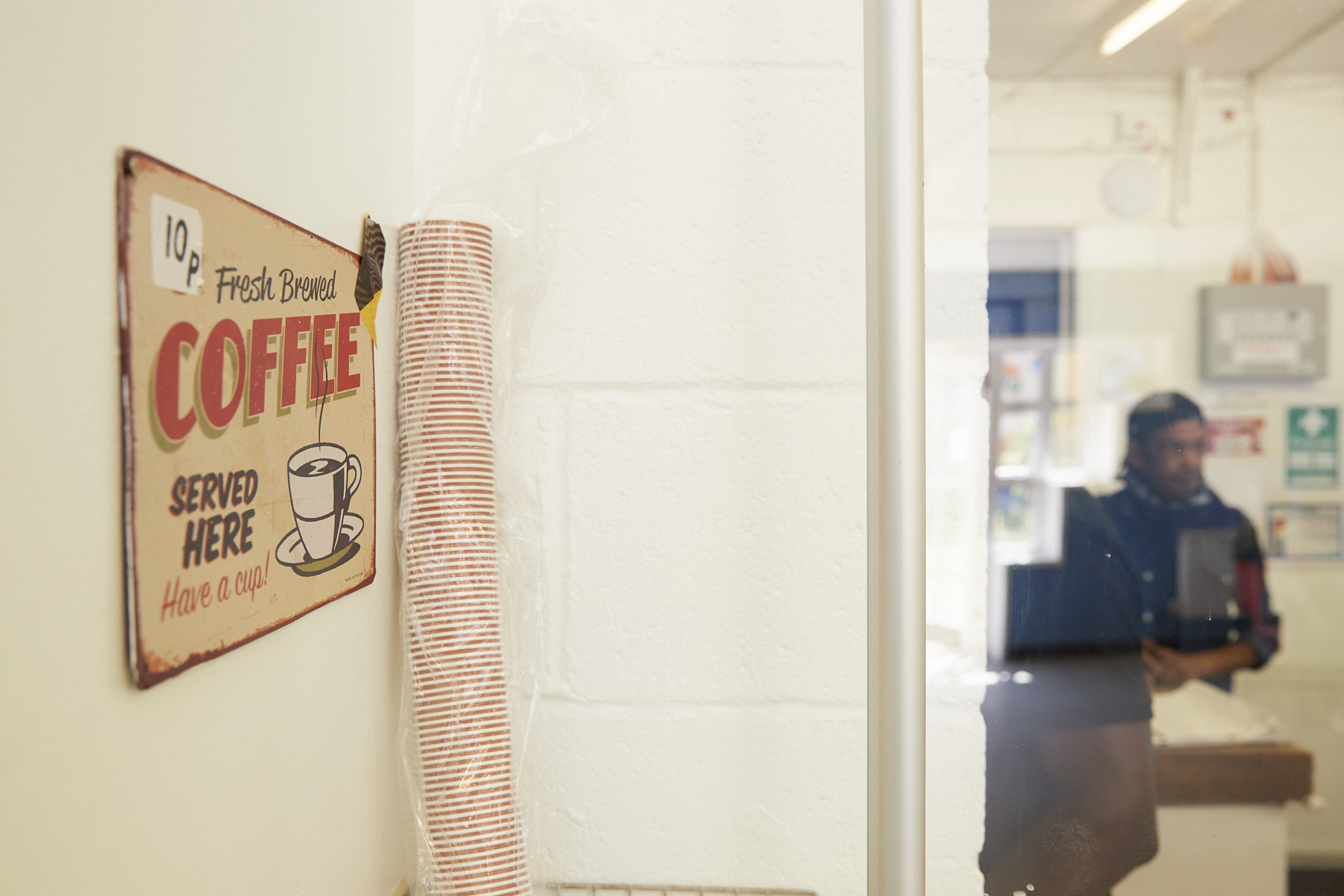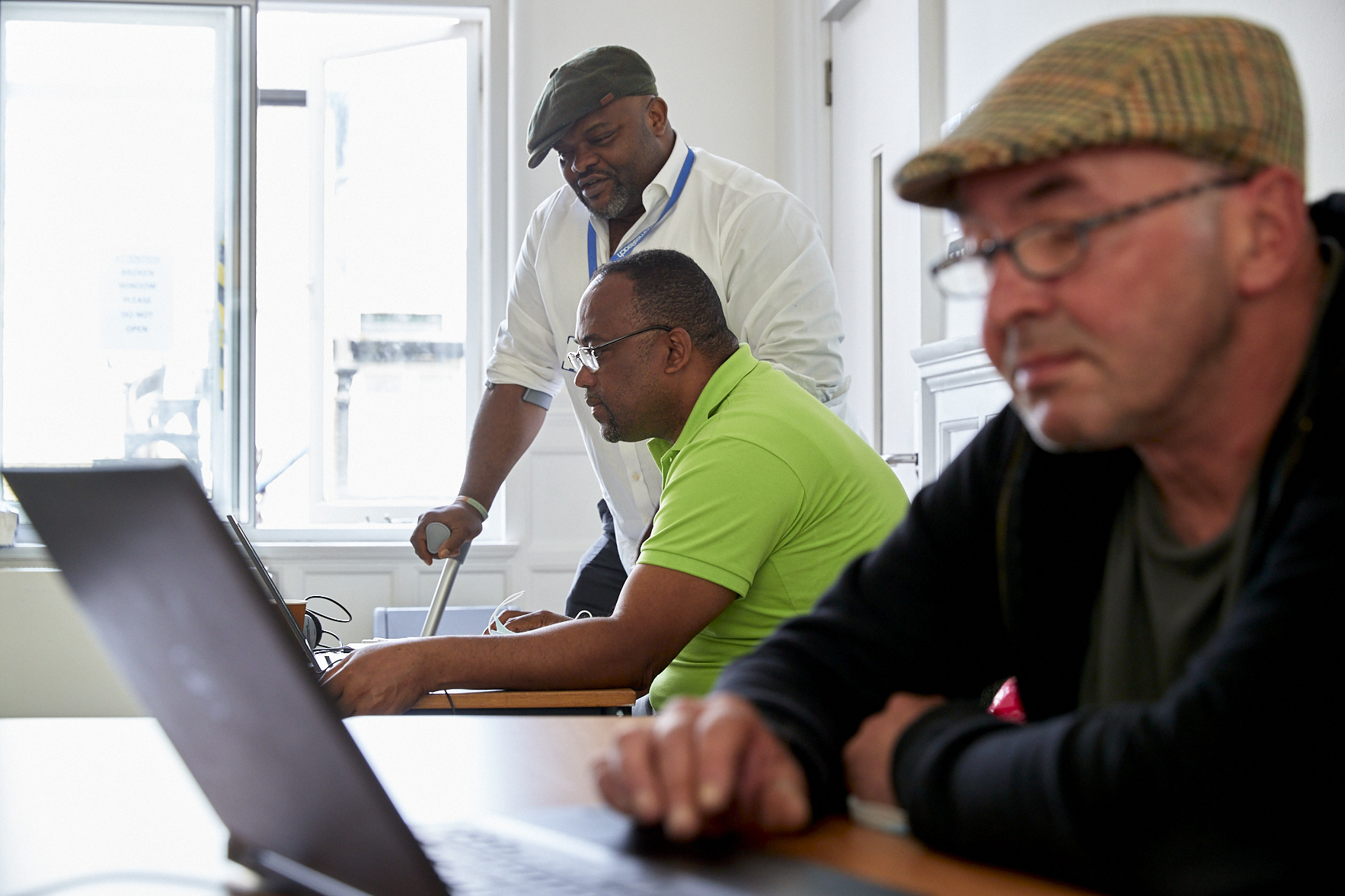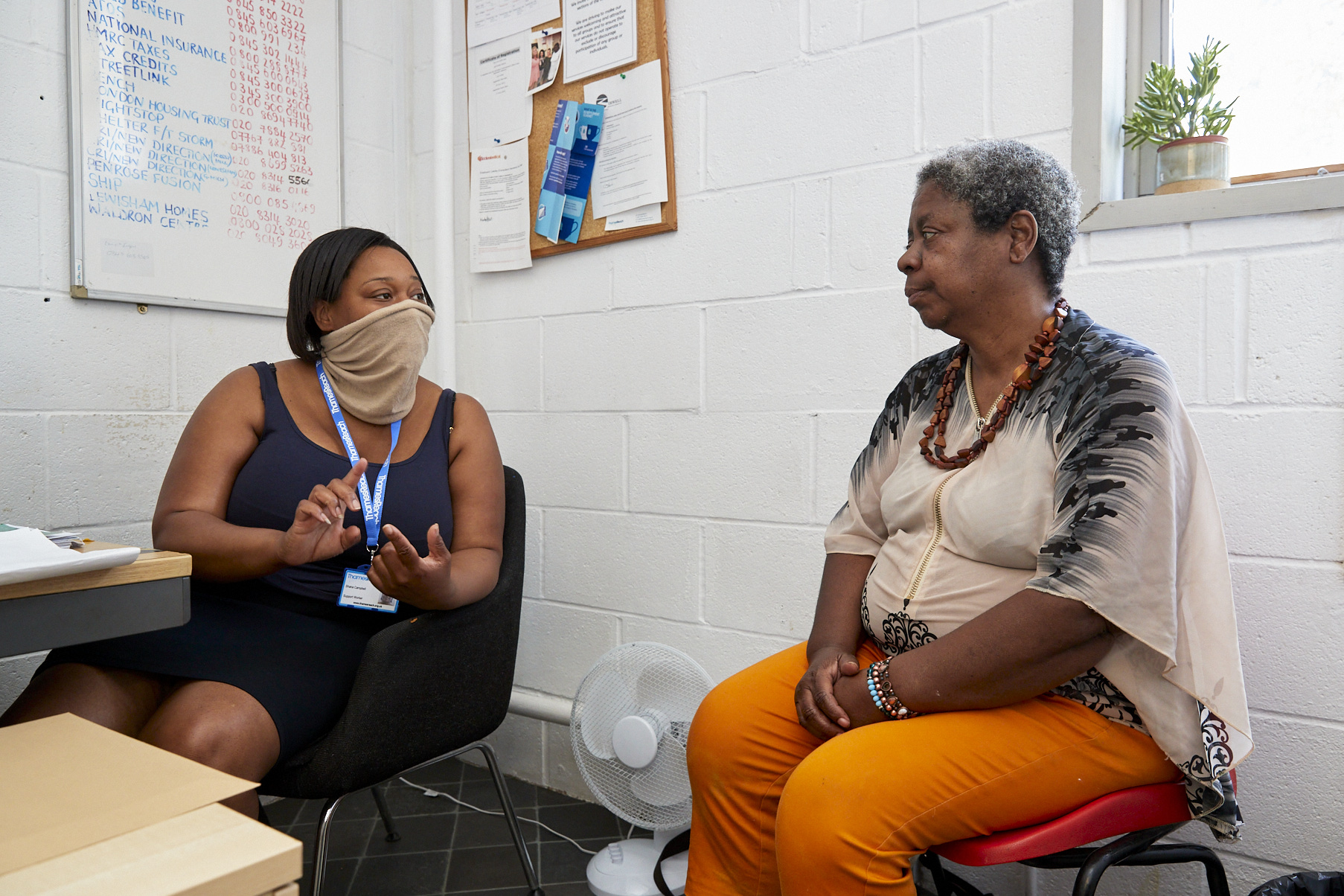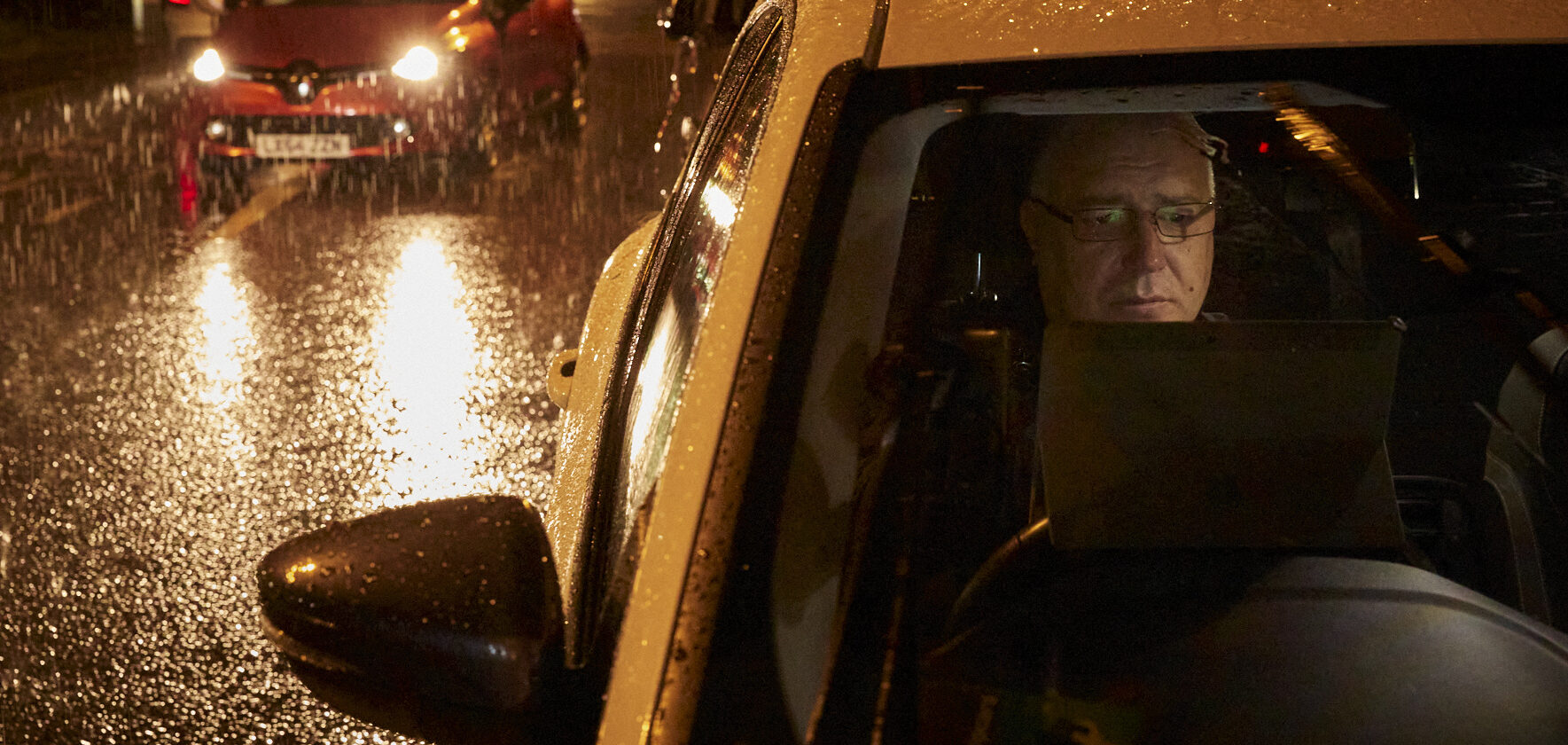Celebrating our community this Volunteers’ Week: 1-7 June 2022
Kelly, volunteer programmes manager, discusses her role and celebrates the work of our wonderful volunteers

1-7 June is Volunteers’ Week, a time to celebrate the incredible work of volunteers who bring so much to organisations such as Thames Reach. With almost 100 active volunteers in teams across London, they are highly valued in helping our work towards ending street homelessness, and are very much part of the Thames Reach community. Kelly McLoughlin, volunteer programmes manager, speaks about her role coordinating around 100 volunteers, and shares how inspiring it is to work alongside such dedicated individuals and groups.
Describe your role as volunteer programmes manager. What is it about the role that you enjoy the most?
I’m responsible for organising all volunteer activity at Thames Reach, whether that is corporate efforts or individuals, and across all our different projects and services. Part of the role is also building and maintaining relationships with organisations who offer volunteering through their staff or students. Volunteers who are currently studying at university are really valuable to us and bring a lot of energy and commitment, so keeping those relationships are important. Anything that comes to Thames Reach in relation to volunteering would come through me.
My favourite part of the role is probably being able to share in the achievements of our volunteers; having the chance to celebrate them is important, and we have a few initiatives that mark and reward their good work. Volunteers are always humble, and often surprised when they are celebrated or rewarded; sometimes they don’t realise the profound impact they have on the people we work with.
Why do you believe Volunteers’ Week to be so important?
It’s a great opportunity to have time to dedicate to reflecting on the work that volunteers do every day. As an organisation and in individual teams, it gives us the chance to share stories and successes that have come from volunteering. This year, we have created and scheduled additional opportunities for volunteers, to make sure they are able to get more out of their experience. These training sessions will be based around new themes that we are coming across in our work, such as social isolation post-Covid. We’re also planning a summer event for volunteers to come together and celebrate their hard work.
How has the landscape of volunteering changed in recent times?
We have a large and committed pool of volunteers, but since the pandemic we have had to re-assess whether certain roles can be done remotely, as quite a few people left London during this time, and while some had to isolate. We lost a volume of volunteers altogether after Brexit, as some left the country for good. However the pandemic brought about a lot of people wanting to give back to their community, and we had a great response from people continuing volunteering with us once they had gone back to work, so again we needed to be creative with the sorts of roles people could do, such as outside normal working hours or in corporate groups.
What are the different volunteering roles that people can get involved with?
They can be split into three groups depending on the interests and availability of the individual volunteer: front-line, which would be accompanying staff on outreach visits during the day or at night, or front of house and reception roles; employment, which might be skill-sharing and mentoring, or helping out with our Information, Advice and Guidance (IAG) service in our Employment and Skills team; and wellbeing, which usually involves activities such as art workshops and helping combat social isolation. There are so many ways to volunteer with us, and our shared commitment means that there are so many ways that we can work together to help people affected by street homelessness.
If you are interested in volunteering at Thames Reach and working with us towards our vision of ending street homelessness, please email volunteermanagers@thamesreach.org.uk

